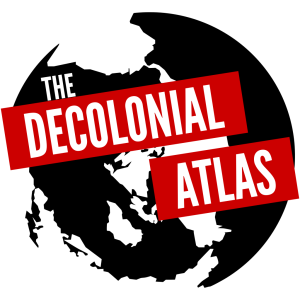
Category: Region: Asia


Tibet Decolonized

Surreal Images of Earth from Space

Colorful River Basin Maps

Kurdistan in Kurdish

Trump’s Immigration Ban: Map

Rojava in Kurdish, Aramaic, and Arabic

Re-imagining Settler Colonialism: Britain as Palestine

South Asia Decolonized: Native Place Names, No Borders

